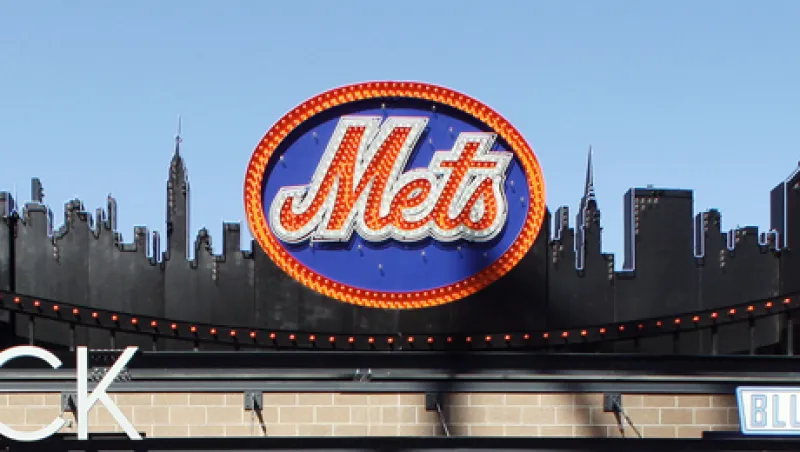SAC Capital’s Steve Cohen has become the latest member of the alternative-investments community to invest in a professional sports team after last week’s $20 million investment in the struggling New York Mets. For Cohen, however, this is something of a hedge.
Cohen joins a number of other hedge fund managers and other alternative-investment pros in the Major League Baseball community.
Of course the most high profile member of that group is John Henry, founder of John W. Henry & Co., the managed-futures/trend-following specialist, who is the principal owner of the Boston Red Sox. Minority investors in the team include Jeff Vinik and Baupost Group’s Seth Klarman.
And most recently in November an investment group led by James Crane, chairman and chief executive officer of private equity firm Crane Capital bought the Houston Astros for $610 million. Other minority investors include Margaret Barradas, managing director of Crane Capital; Steven Gibson, founding partner of private equity firm Genesis Park; and Gary Petersen, managing partner of EnCap Investments, a provider of private equity to the independent sector of the U.S. oil and gas industry.
Elsewhere Jeffrey Gendell of Tontine Capital Management, a high-flying hedge fund last decade until it all but blew up in the 2008 global market meltdown, owns a minority stake in his hometown Cincinnati Reds.
William Buck, who had founded venture capital firm TDH Capital still owns a piece of the Philadelphia Phillies. He is the only survivor of the three Buck Brothers who had invested in the franchise in 1981 under the name Tri-Play Associates.
In this company, Cohen’s $20 million investment in the Mets could be deemed a good undervalued play given the team’s recent woes on the field and, more importantly, at the box office. If the team performs better over the next few years, thus bringing in more fans who spend more money on food and other overpriced junk, and advertising rates go up, the $20 million investment will look shrewd.
Cohen’s investment is also a hedge against his bid to become a majority owner of the Los Angeles Dodgers and its stadium. Cohen is now one of seven bidders making the cut to the latest round, according to published reports.
Two of the other six are also veteran alternative-investment pros. They include Marc Utay, managing partner at private equity firm Clarion Capital Partners who several years ago lost out in his bid to buy the Chicago Cubs, and Thomas Barrack, Jr., who is the founder, chairman and chief executive officer of Colony Capital, a private equity real estate company.
The final price tag figures to be from about $1.2 billion to $1.5 billion, a record price akin to a high P/E stock. But it also contains some hidden value. Attendance has slumped in recent years, but this is a franchise that has historically sold out most of its games.
In addition, its cable rights deal is entering its final year and many media and sports experts expect it to double or triple when it is renewed, unless the new owners launch their own TV network, which the Mets and the New York Yankees have done very successfully. So either Cohen has a small bet on the underperforming Mets or a huge bet on the Dodgers.







